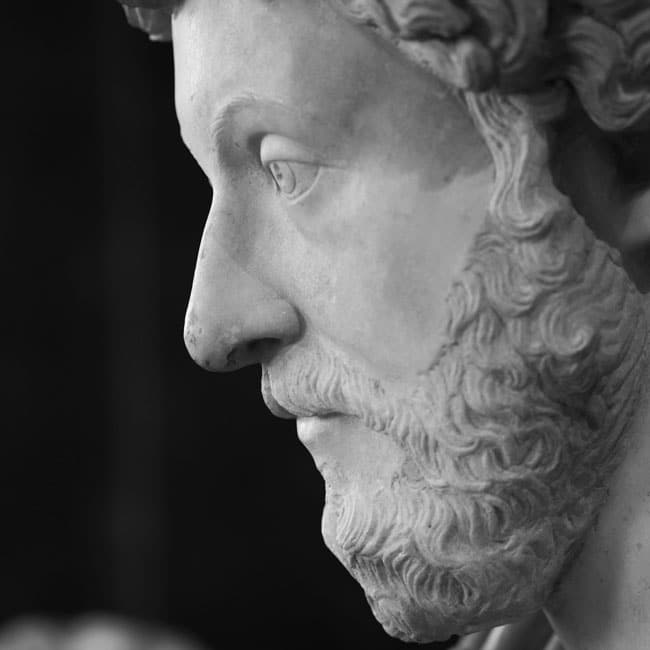
Treating citizens as customers is a recipe for distrust
Opinion + AnalysisBusiness + LeadershipRelationships
BY Eva Cox 8 DEC 2020
My 1995 ABC Boyer Lectures, ‘A Truly Civil Society’, outlined the ill effects of the then decade-plus political paradigm shift to neoliberalism.
In the years following WW2, governments implemented policy changes to ensure well-functioning societies that delivered social fairness. This was to avoid a repetition of the pre-war rise of dictatorships, such as happened in Germany and Italy where democracies were overthrown by the fascists. Much of this reconstruction included expanding health, education and welfare for communities to balance the existing inequities of market wealth creation.
From the 1980s, the failing USSR and the globalising of finance via petrodollars allowed big business to shift the paradigm to market forces and reduce the scope of governments. The effects were becoming evident while I was writing the Boyer’s in 1995, as neoliberalism was exacerbating the cuts to social goals and public funding. Growing distrust of democracy was also becoming apparent in many countries, including Australia.
Now, twenty-five years of policy shifts later, including a market-created Global Financial Crisis in 2008, these changes continue to have ill-effects on democratic governance and trust. Policies such as unfair distributions of taxes that favour businesses and the better-off have exacerbated this, as has the privatising of public services and public ownership of utilities and institutions. The promise that the private model of competition and wealth creation would create trickle-down wealth failed to eventuate. Nor did we see any sign of the market lowering prices for these services, as is promised by this model. Citizens, redefined now as just customers of what were once public services, have not found the market more efficient or effective.
Prioritising growth and profits over community needs and connections exacerbates distrust of those in power.
Finding jobs becomes more difficult as growth slows, and low wages remain for many of the often-feminised essential services, such as nursing and child care. The new gig-economy has also increased feelings of insecurity. Ergo, it has not been surprising that over the last decades there have been growing feelings amongst many people in democracies, including Australia, that those in power are not to be trusted.
Now that the neoliberal paradigm shift is obviously failing, we need to devise and define alternatives. The failure has created a fertile ground for the increasingly irrational ‘strong men’ leaders to grab power. These strong men undermine the idea of democracy and surge in on a wave of distrust. We now have in Australia, as elsewhere, increasing beliefs that society is unfair, feelings of real anger and despair, and a deep distrust of the political system. It is this unfairness that is the damaging cause of most of our problems.
The range of inequities in our current system include politics and policies that respond mainly to business demands and neglect community needs. The recent budget is a good example, where subsidies were available to incentivise businesses to hire more people, even if there were too few customers. Yet much-needed jobs in community and public spheres were barely mentioned.
We need changes that create a sense of fairness by providing good social and public services. People need to feel that they live in societies where they and their contributions are valued and their voice matters. We are social beings, connected, and need to feel safe and involved.
Assuming wealth inequality is a causal factor fails to recognise the real causes: self-interested economic goals that ignore and exclude the values of fairness and trust that are necessary to create a truly civil society.
The national cabinet’s response to the pandemic, an effective public health collaboration, reminded people what good governance looks like. Consequently, it has improved the levels of voter trust. There are now signs of reversal as the PM reverts to a private sector, economic-led recovery.
Now it’s up to us. We need policies that set social goals, fix environmental damage, and create fairness and long-term well-being. Here are some radical ideas: stop privatising community services and utilities, fix the messy unfair welfare system (perhaps introduce a universal social dividend), engage communities in planning for their needs, reform the tax system so that it’s fairer in the redistribution of resources, pass the Uluru Statement from the Heart. This way, everybody should get a fair go.
Outrageous ideas? Maybe, but replacing greed and self interest with fairness requires optimism and another paradigm shift!
This project is supported by the Copyright Agency’s Cultural Fund.
![]()
Ethics in your inbox.
Get the latest inspiration, intelligence, events & more.
By signing up you agree to our privacy policy
You might be interested in…
Opinion + Analysis
Business + Leadership
How BlueRock uses culture to attract top talent
Reports
Business + Leadership
Managing Culture: A Good Practice Guide
Opinion + Analysis
Business + Leadership, Relationships
So your boss installed CCTV cameras
Opinion + Analysis
Society + Culture, Relationships




